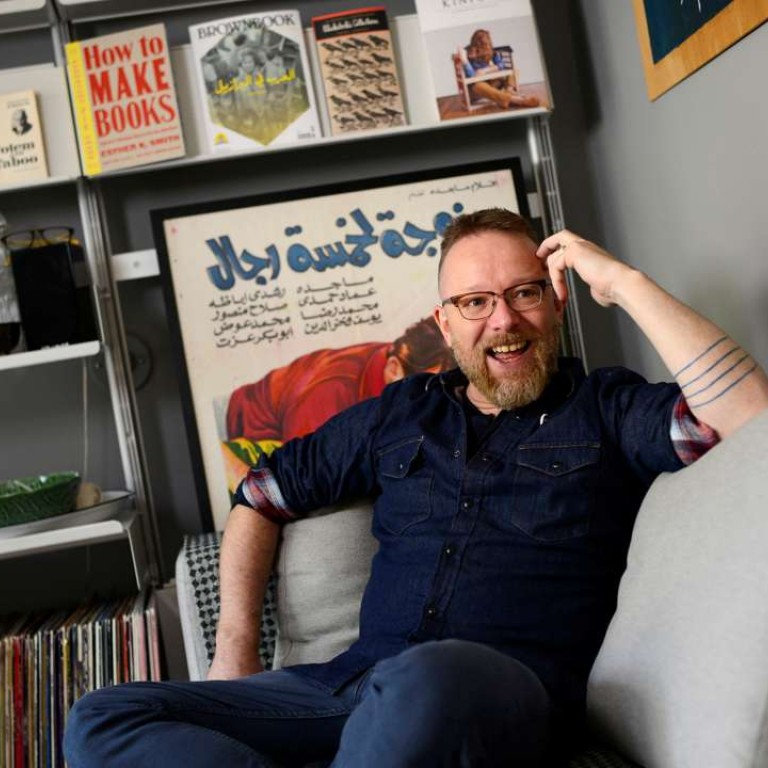
A new wave of ‘buyers clubs’ for cheaper drugs is helping fight hepatitis and HIV around the world
Frustrated by the high price of antiviral drugs, thousands of patients from London to Moscow to Sydney are turning to a new wave of online “buyers clubs” to get cheap generic medicines to cure hepatitis C and protect against HIV infection.
While regulators warn that buying drugs online is risky, scientific data presented at a recent medical conference suggest that treatment arranged through buyers club can be just as effective as through conventional channels.
Will Nutland, who supports a drug-buying network in London and takes Indian-made generic drugs that are not available through the health service to prevent HIV infection, thinks the latest research will build confidence in such schemes.
“This new data shows that so far we’ve got it right,” the HIV activist said. “It gives us a boost in confidence in the types of drugs that are available online.”

Like Ron Woodroof, the 1980s AIDS patient in the movie “Dallas Buyers Club”, the sponsors of today’s drug clubs aim to help patients who can’t get the drugs they want through local healthcare systems by bringing in medicines from abroad.
But while Woodroof had to smuggle drugs in bulk across the Mexican border, users of modern-day clubs can, in many countries, tap orders into their computers quite legally.
Savings can be huge. A month’s generic supply of the pre-exposure prophylaxis (PrEP) HIV drugs emtricitabine and tenofovir costs about 45 pounds (US$56) online in Britain, around a tenth of Gilead Sciences’ branded version Truvada.
A Indian-made course of treatment for the liver-destroying disease hepatitis C, meanwhile, can be had for around 1,000 pounds against a list price for branded drugs of around 35,000 pounds.
Gilead is also a leading producer of patented hepatitis C drugs, along with Merck and AbbVie.

Data presented at the October 23-26 HIV Glasgow conference showed generic drugs bought via buyers clubs in Australia, Britain, Russia and South-East Asia by a total of 900 patients delivered hepatitis C cure rates of around 95 per cent. That is similar to outcomes in clinical trials using the original brands.
Another piece of research involving more than 200 gay men in London taking generic PrEP bought through a buyers club found that their drugs, mostly made by India’s Cipla, were both safe and effective at preventing HIV infection.
Such observational studies do not have the rigour of full-scale clinical trials but they do provide reassurance.
“What this sort of data does is give doctors and patients some faith that this isn’t an act of complete lunacy that is going to cause patient harm,” said James Freeman, a Tasmanian doctor behind a hepatitis C drug-buying club.
For Freeman and other critics of the pharmaceuticals industry, the advent of today’s buyers clubs is just the latest chapter in an ongoing war over drug prices, with parallels to the battle over getting cheap HIV drugs into Africa.
In the 1990s, HIV drugs costing more than US$10,000 per patient a year were simply out of reach for millions of people in the developing world. Today, thanks to cheap generics, the cost for the poor has been slashed to around US$100.
Drug maker Gilead said in a statement that it worked “to ensure broad access to its medicines through dialogue and efforts with payers and other stakeholders, including governments.”
But HIV activist Nutland, who is also a research fellow at the London School of Hygiene and Tropical Medicine, believes drugmakers must do more to make their products affordable.
“It’s an absolute scandal that the prices are so high that even wealthy national services are saying they cannot afford the costs of these drugs.”

